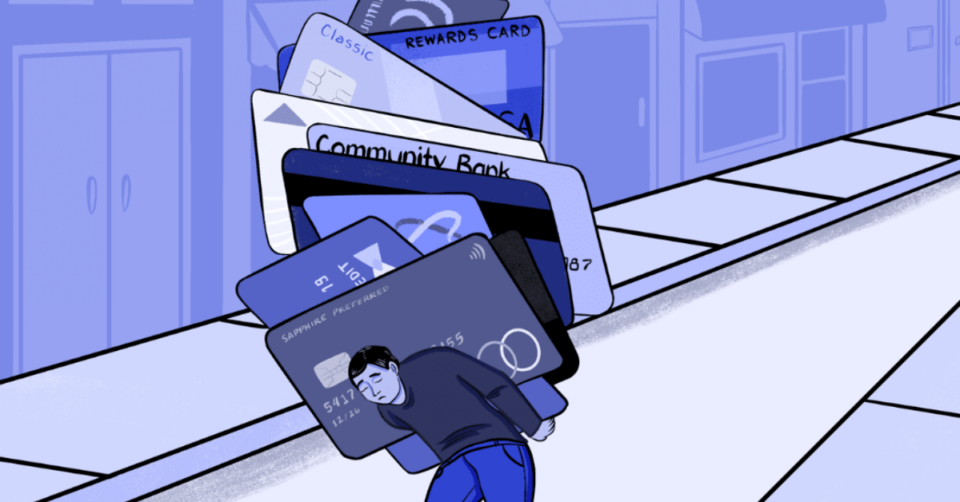Becoming debt-free is a liberating and empowering goal that many individuals strive to achieve. Whether you’re dealing with credit card debt, student loans, or other financial obligations, there are strategies you can employ to expedite your journey to financial freedom. However, it’s essential to avoid common pitfalls that can derail your progress and prolong your debt repayment timeline. In this article, we’ll explore five mistakes to avoid and provide actionable solutions to help you get out of debt quickly.
Mistake 1: Ignoring Your Debt
One of the biggest mistakes you can make when trying to become debt-free is ignoring your debt altogether. Ignoring your debt won’t make it disappear, and it can lead to accruing interest, late fees, and even damage to your credit score.
Solution: Face your debt head-on by creating a comprehensive list of all your debts, including balances, interest rates, and minimum monthly payments. Once you have a clear picture of your financial situation, you can develop a plan to tackle your debt strategically.
Mistake 2: Only Making Minimum Payments
Paying only the minimum amount due on your debts each month may seem like a manageable approach, but it can prolong your repayment timeline and cost you more money in interest over time.
Solution: Whenever possible, strive to pay more than the minimum payment on your debts. By making extra payments or increasing your monthly payments, you can accelerate your progress and save money on interest charges. Consider using the debt snowball or debt avalanche method to prioritize paying off high-interest debts first.
Mistake 3: Neglecting to Budget
Without a budget in place, it’s easy to overspend and accumulate more debt, making it challenging to achieve your goal of becoming debt-free.
Solution: Create a realistic budget that outlines your monthly income and expenses. Allocate a portion of your income toward debt repayment while ensuring you have enough for essential expenses, savings, and emergencies. Use budgeting tools or apps to track your spending and identify areas where you can cut back to free up more money for debt repayment.
Mistake 4: Continuing to Accumulate Debt
Continuing to use credit cards or taking on new debt while trying to pay off existing balances can undermine your efforts to become debt-free.
Solution: Put a halt to any unnecessary spending and commit to living within your means. Consider using cash or debit cards for purchases instead of credit cards to avoid adding to your debt. If necessary, explore ways to increase your income through side hustles or part-time work to accelerate your debt repayment efforts.
Mistake 5: Neglecting Emergency Savings
Failing to establish an emergency fund can leave you vulnerable to unexpected expenses or financial setbacks, forcing you to rely on credit cards or loans to cover unforeseen costs.
Solution: Prioritize building an emergency fund to cover unexpected expenses, such as medical bills, car repairs, or job loss. Aim to save at least three to six months’ worth of living expenses in a separate savings account. Having an emergency fund in place can provide peace of mind and prevent you from derailing your progress toward debt freedom when life throws you a curveball.
Conclusion
Achieving quick debt freedom requires commitment, discipline, and a proactive approach to managing your finances. By avoiding common mistakes such as ignoring your debt, making only minimum payments, neglecting to budget, continuing to accumulate debt, and neglecting emergency savings, you can expedite your journey to becoming debt-free. Take control of your financial future today by implementing these solutions and staying focused on your goal of achieving financial freedom.

